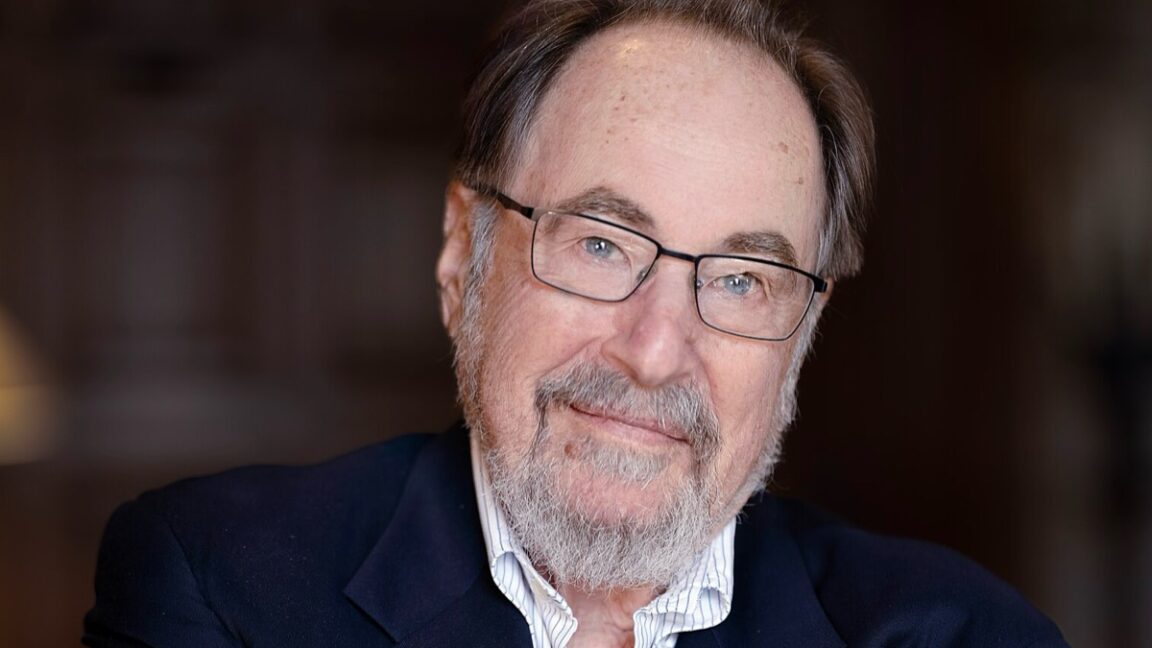
""David Baltimore's contributions as a virologist, discerning fundamental mechanisms and applying those insights to immunology, to cancer, to AIDS, have transformed biology and medicine," current Caltech President Thomas F. Rosenbaum said in a statement. "David's profound influence as a mentor to generations of students and postdocs, his generosity as a colleague, his leadership of great scientific institutions, and his deep involvement in international efforts to define ethical boundaries for biological advances fill out an extraordinary intellectual life.""
"Baltimore was born in New York City in 1938. His father worked in the garment industry, and his mother later became a psychologist at the New School and Sarah Lawrence. Young David was academically precocious and decided he wanted to be a scientist after spending a high school summer learning about mouse genetics at the Jackson Laboratory in Maine. He graduated from Swarthmore College and earned his PhD in biology from Rockefeller University in 1964 with a thesis on the study of viruses in animal cells."
"Baltimore initially studied viruses like polio and mengovirus that make RNA copies of the RNA gnomes to replicate, but later turned his attention to retroviruses, which have enzymes that make DNA copies of viral RNA. He made a major breakthrough when he proved the existence of that viral enzyme, now known as reverse"
David Baltimore died at 87 from complications of cancer. He shared the 1975 Nobel Prize in Physiology for demonstrating that cellular information can flow from RNA to DNA through an enzyme now known as reverse transcriptase. He served at major institutions, including founding the Whitehead Institute and leading at Caltech and MIT. He researched RNA viruses such as polio and mengovirus, later focusing on retroviruses and proving the viral enzyme that copies RNA into DNA. He mentored generations of scientists, engaged in international efforts to define ethical boundaries for biological advances, and is survived by his wife Alice Huang, a daughter and a granddaughter.
Read at Ars Technica
Unable to calculate read time
Collection
[
|
...
]